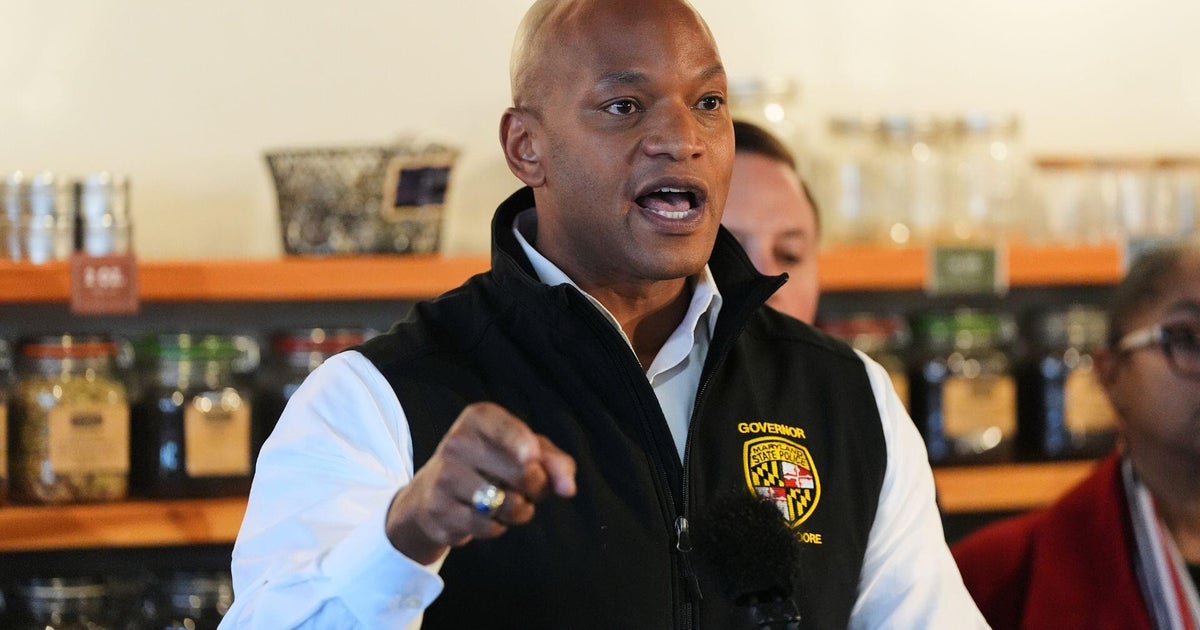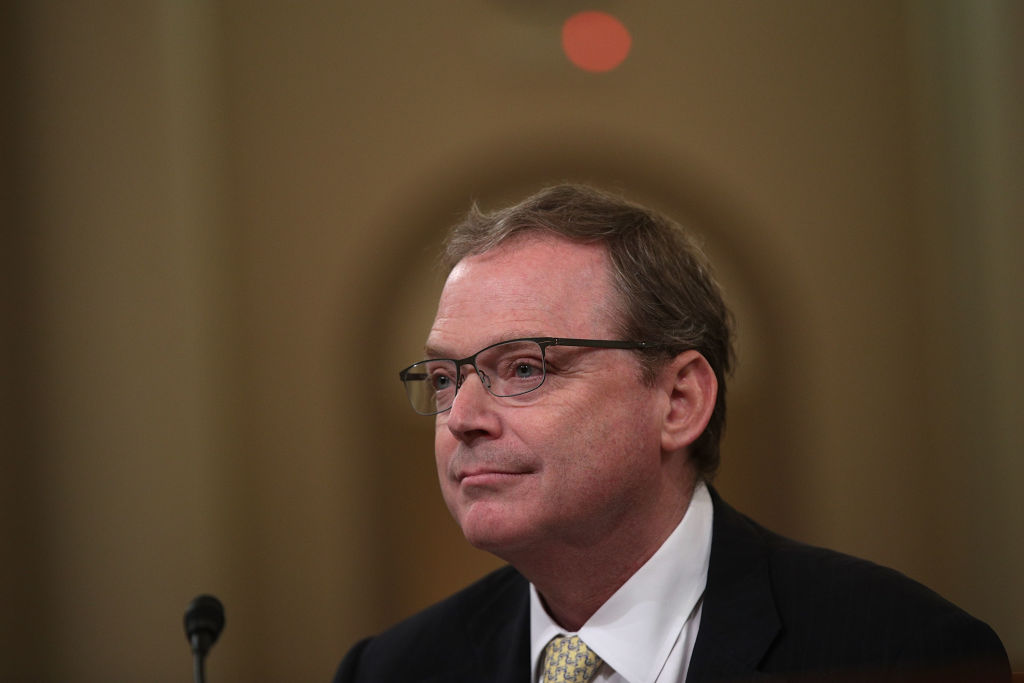President Biden to nominate Jerome Powell for second term as Federal Reserve chair
President Joe Biden plans to renominate Federal Reserve Chair Jerome Powell for a second term at the helm of the U.S. central bank, the White House announced Monday.
The move amounts to an endorsement of Powell's stewardship of the economy through a brutal pandemic recession, with the Fed's monetary policy seen as helping revitalize the job market and push the stock market to record highs. Biden also said he would nominate Lael Brainard, the lone Democrat on the Fed's governing body and many progressives' pick for the chair seat, as vice chair.
Stock markets rose on the announcement, which largely preserves the. Fed policy status quo for investors. The S&P 500 rose 0.9% as of 10:45 a.m. Eastern time; the Dow and the tech-heavy Nasdaq each rose 0.7%.
"Replacing Jerome Powell would have sent a psychological signal that the progressives are in power, which would have been unsettling to markets," George Ball, chairman of investment firm Sanders Morris Harris, said in an email.
Mr. Biden said he will fill the three remaining slots on the Fed board, including that of vice chair for supervision, a key bank regulatory post, in early December.
"I'm confident that Chair Powell and Dr. Brainard's focus on keeping inflation low, prices stable, and delivering full employment will make our economy stronger than ever before," Mr. Biden said in a statement. "I have full confidence after their trial by fire over the last 20 months that Chair Powell and Dr. Brainard will provide the strong leadership our country needs."
Biden's decision, reached after extensive consideration, strikes a note of continuity and bipartisanship at a time when surging inflation is burdening households and raising risks to the economy's recovery. In backing Powell — a Republican who was first elevated to his post by President Donald Trump — Biden brushed aside complaints from progressives that the Fed has weakened bank regulation and has been slow to take account of climate change in its supervision of banks.
Last week, Democratic senators Sheldon Whitehouse and Jeff Merkley wrote to Mr. Biden to oppose Powell's renomination, saying he "refuses to recognize climate change as an urgent and systemic economic threat."
Democratic senator Sherrod Brown, who chairs the Senate Banking Committee, as well as Senator Elizabeth Warren of Massachusetts, have also expressed concerns that the Fed has rolled back regulations for banks under Powell's watch.
In a blemish on Powell's first term as Fed chief, the bank has faced allegations of impropriety after it was revealed that senior central bank officials traded stocks in early 2020, potentially benefiting from the Fed's policy of pumping billions of dollars into the economy. The scandal led to the departure of Dallas Fed President Robert Kaplan and Boston Fed President Eric Rosengren, spurring the Fed to crack down on how its officials can invest.
Powell's current term ends on February 5, 2022. His nomination for a second term is expected to enjoy a smooth passage both in the Senate Banking Committee and the wider chamber, which must hold a vote.
Challenges ahead
If reconfirmed to his post, Powell would remain one of the most powerful economic officials in the world. By either raising or lowering its benchmark interest rate, the Fed seeks to either cool or stimulate growth and hiring and to keep prices stable.
The Fed's short-term rate, which has been pegged near zero since the pandemic hammered the economy in March 2020, influences a wide range of consumer and business borrowing costs, including for mortgages and credit cards. The Fed also oversees the nation's largest banks.
In a second term, Powell would face a difficult and high-risk balancing act. Rising inflation is causing hardships for millions of families, clouding the economic recovery and undercutting the Fed's mandate to keep prices stable.
However, with the economy still 4.2 million jobs short of its pre-pandemic level, the Fed has yet to meet its other mandate of maximizing employment.
"Powell faces challenges in the months ahead as rising consumer prices and an economy barreling towards full-employment could complicate the committee's current stance on rate policy," Jordan Jackson, global market strategist at J.P. Morgan Asset Management, said in a note.
If the Fed moves too slowly to raise rates, inflation may accelerate further and force the Fed to take more draconian steps later to rein it in, potentially causing a recession. Yet if the Fed hikes rates too quickly, it could choke off hiring and the economic recovery.



